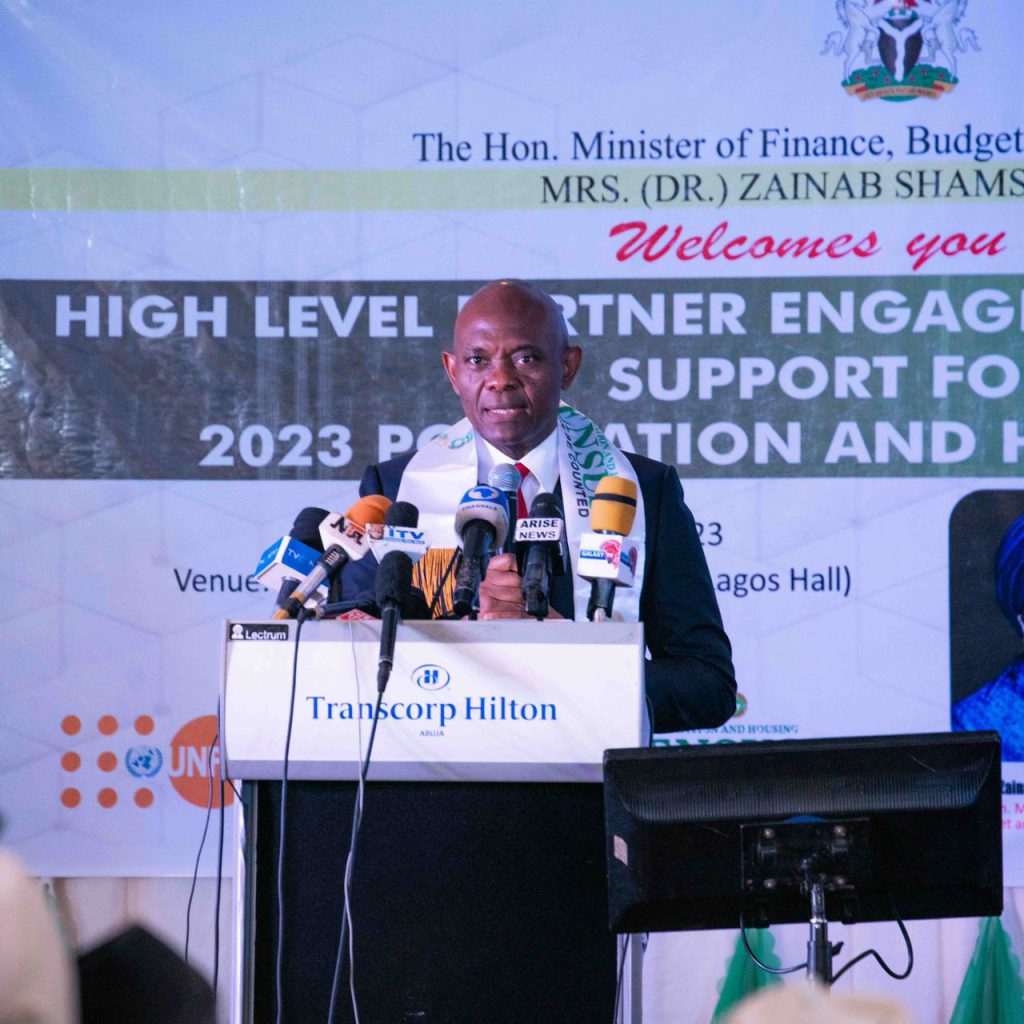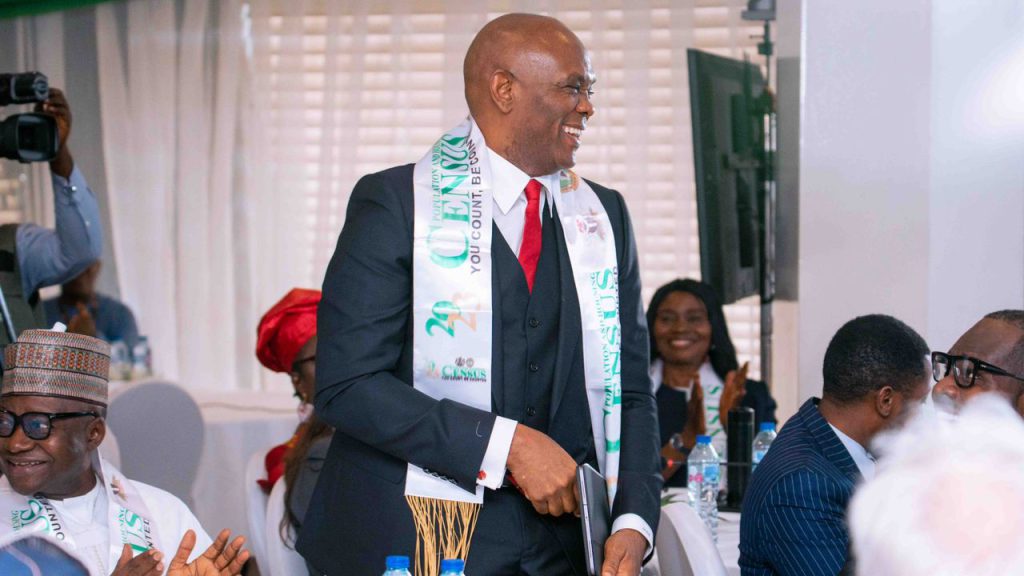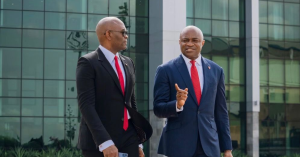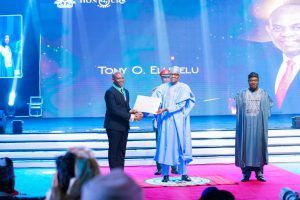
Good morning distinguished Ladies & Gentlemen.
Thank you, Honourable Ministers, for inviting me here to deliver goodwill remarks on behalf of the Organised Private Sector and African Philanthropic Organisations.
Let me start by commending our President, His Excellency Muhammadu Buhari, for this laudable effort. Nigeria is the most populous country in Africa, with an estimated population of over 200 million people.
Population growth and development are inextricably related in Nigeria. The last time a census was conducted in Nigeria was 2006. In 2006 we recorded a population of 140 million people. Today, our population is estimated to be in excess of 200 million.
It is projected that this figure will grow to 400 million by 2050, which could make Nigerian the third most populous country in the world For me this task is critical to our country’s future. If we do not know our population, we cannot properly plot our developmental path, our economic growth, our society’s goals.
Credible demographic data is of profound importance for the public and private sector alike. We all know we live in a data driven world. As a private sector leader with investments in key sectors of the Nigerian economy through the Heirs Holdings Group, Transcorp Group, United Bank for Africa Group, and with the work we do at the Tony Elumelu Foundation in empowering thousands of young entrepreneurs and building the entrepreneurial capacity on the continent, I understand first-hand, the value and importance of available, accessible and accurate data in making informed decisions, driving development, and creating opportunities.

The upcoming census is a significant milestone in Nigeria’s development, as it provides an opportunity to collect accurate and reliable data on the country’s population and housing, which will serve as a vital tool for policymakers, private sector actors, and civil society organizations. The census will affect how we allocate resources in Nigeria and so many other important decisions, so it is important that the process is credible and above board.
Today, Nigeria’s population estimates, and demographic profile are unclear and projections debatable. Census figures and population distribution have unfortunately become politicized. Population figures have ramifications for revenue allocation, office allotment, legislative power and even elections. The stakes are therefore high for various interest groups – we need to act for our nation as a whole and the next generations. Nigeria needs a credible and extensive population enumeration exercise. The challenge facing the National Population Commission therefore is to conduct a census that meets the public’s acceptability criteria.
The most obvious are:
– Credible
– Transparent
– Verifiable
– Accessible
– Universal Coverage – in this regard being counted must not be an onerous exercise for citizens. We need to reach all our people.
A credible exercise and outcome should be a source of pride and a demonstration of our capacity and intent. The government faces a herculean task of conducting a credible census in the very tight time frame allocated for the exercise.
Indeed, given the proximity of the 2023 elections, and charged political climate, many may consider the timing of the exercise inapposite. We need to put aside emotion and partisan feeling. It behoves on the National Population Commission to assuage such sentiments with an excellent census exercise. I commend the Ministry of Finance for their proactive initiative to involve the global and private development organisations and the private sector in this year’s census.
We know that conducting a census entails enormous logistics that requires the collaboration of critical stakeholders. And they are all here in this room: The private sector, the African development organisation, the public sector, the international development community. Africa is a technology leader – we need to embrace and use technology.
The government’s decision to collaborate with these critical stakeholders in the census is a positive step towards achieving a more comprehensive and accurate understanding of our nation’s demographics. We the Nigerian philanthropic organisations and private sector are ready to support and complement the efforts of the Nigerian government in this most important exercise. We believe that by working together, we can achieve our shared goal of obtaining high-quality data that will inform evidence based decision-making and positively impact our nation’s development. Nigeria is our home, and it’s our duty to continually contribute to the sustainable development of the country not just for ourselves but also for the future generations yet to come.
Our country just concluded a huge logistical exercise in the form of the National elections. We are about to embark on an even larger exercise, the census. We must therefore be quick learners and ensure that the lessons learnt from the elections are channelled into the data collection process. I urge the National Population Commission to leverage technology as much as possible to reduce human errors and demonstrate transparency and credibility. Nigeria must show that it is progressive, fair, equitable and development focused.
I will conclude by reiterating the private sector and African development organisation’s readiness to support this most important process.
We pray for a peaceful and successful exercise and an outcome that is credible and widely accepted.
God bless you all and God bless Nigeria.



